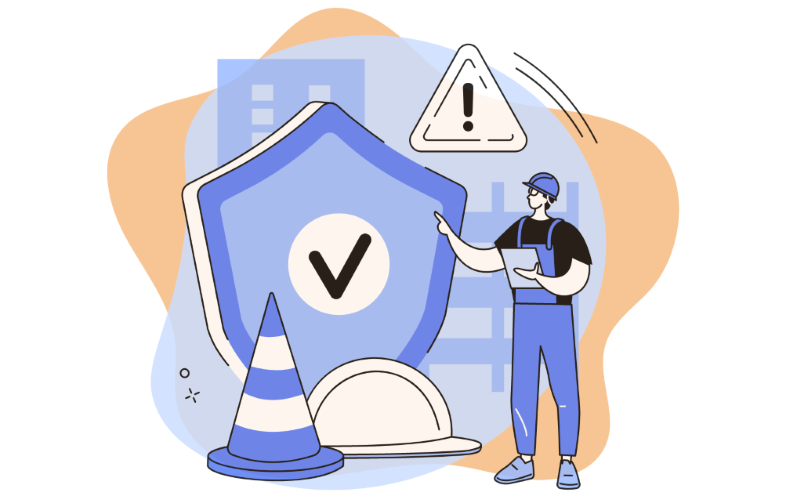The Importance of Health and Safety Training in Hospitality
Managers in the hospitality industry have difficult challenges to meet when it comes to employee retention, training, meeting high health and safety...
2 min read
Aaron Leggett
:
May 10, 2016 11:33:08 AM

With the recent changes in the Health and Safety at Work Act getting a bit of news lately, we thought we should take a good look at the implications of Health & Safety Act changes for the hospitality industry.
As of April 4, 2016, the Health and Safety at Work Act of 2015 is in effect. If you haven't already reviewed your processes for compliance with the Act, now is the time to start. Completing a review will help ensure compliance throughout your business. If you do not have any health and safety processes, it has come the time to put rules into place to ensure you and your staff are working in a safe environment and developing a safety culture.
The key to compliance with the Act is that everyone who works for a business is responsible for health and safety concerns of themselves and the others that work around them. The Act supports "worker engagement and participation" while also promoting proportionality; that is, the law bases what a business needs to do to comply based on the size of the business, its risks and its ability to control health and safety issues. The Act focuses on reducing actual harm, rather than identifying "trivial hazards". The focus is on what the business does in terms of process and, therefore, what it can control. Incorporating flexibility into compliance based on business size and need, rather than a one-size-fits-all set of compliance rules.
The law requires all large businesses to have a health and safety representative if a worker requests one. They also have to have a health and safety committee if 5 or more workers or the health and safety representative request one. Even if you decide not to have a health and safety committee, your business still must have a process for worker participation and engagement.
Small employers also must comply with the worker engagement rules; however, the law excludes small employers with fewer than 20 employees from compliance with the health and safety representative or forming a health and safety committee unless they are in a "high risk" industry. Hospitality is not defined as a high risk industry; however, we expect the worker engagement rule changes to impact this industry because it has had, historically, poor record keeping practices.

In the hospitality industry, identifying the risks in your workplace probably means taking steps to avoid cuts and burns, slips, trips, falls and injuries from manual handling -- because those are the type of injuries that commonly occur. For example, burns caused by chemicals require training in the safe-handling of chemicals. This is an industry-specific worker engagement area. ACC provides posters and other information on the safe-handling of chemicals and further publications that will aid in worker training.
After identifying and assessing the types of risks that affect your business, it is important to prioritise them. The more potential the harm, the more risk involved. Deciding how to eliminate, or control the impacts of, risk and then putting the solutions to work for your business should now also include your employees' ideas. This is the worker engagement aspect of the law. Your workers know as well as anyone where the dangers lie in their jobs. They often have good ideas on how to resolve these issues and they are more inclined to follow the rules if they had input in how the rules impact their jobs.
WorkSafe New Zealand has health and safety tools and fact sheets to help businesses analyse and put worker safety rules in place. We have found, however, that the most effective systems are those you design for your business. Design your own tracking and compliance reports. Design your own on-line health and safety induction course for new hires to help engage them in creating and maintaining the safe environment. Create your own content that reflects your business risks and responses to those risks.
To talk more about the new health and safety act and how it affects your hospitality business, please contact us. Intuto provides free templates and other assistance to help you navigate this new landscape.
Preview our Intuto fire safety template course.

Managers in the hospitality industry have difficult challenges to meet when it comes to employee retention, training, meeting high health and safety...

Compliance training is essentially the process of educating new and existing employees on rules, regulations and policies that apply to their job...

Recent workplace safety data shows that 4,472 preventable injury-related deaths happened in a one-year period in the US. During the same period,...